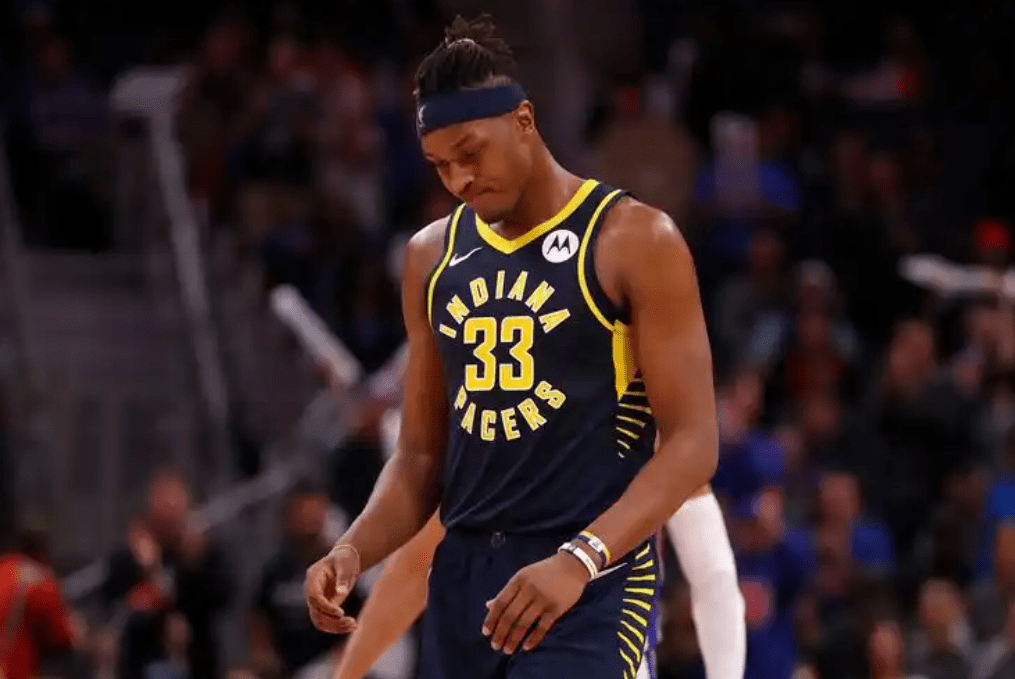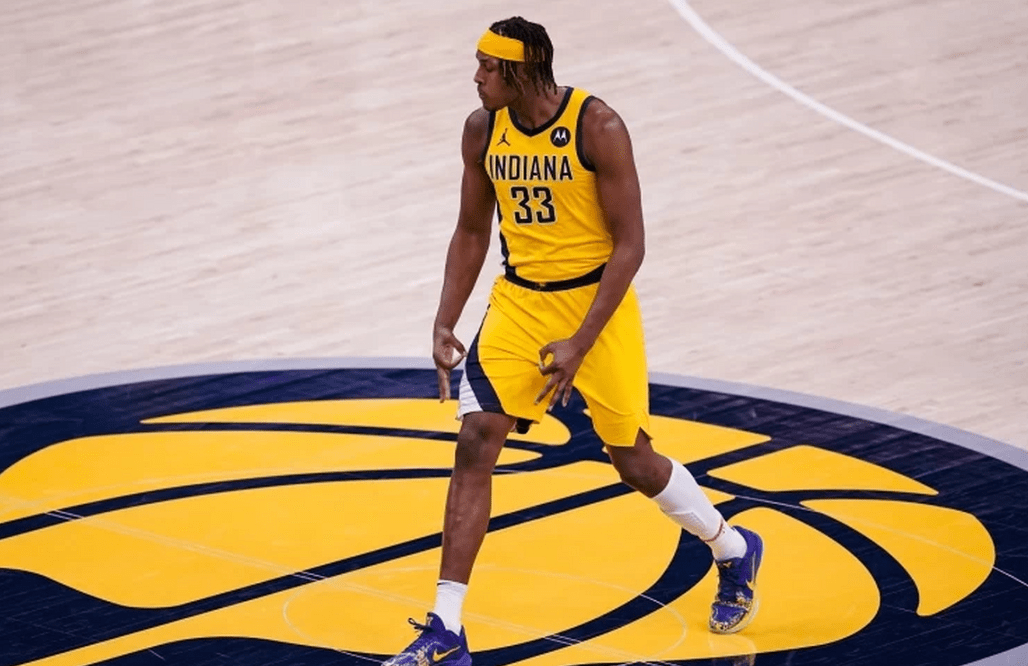Have the Rockets really found the "key piece" to their resurgence? The management's plan to trade for Miles Turner has ignited hope among countless fans, but it has also drawn criticism. Some believe this is a bold gamble in the team's rebuilding process; others say it's just another routine exploratory move by the management. So, is choosing Turner a correct trend or could it bring new problems?

The Rockets' management and fans are well aware that although the team has performed averagely in recent years, it is at a critical stage of rebuilding. The potential of young players is undeniable, with names like Jalen Green, Alperen Sengun, and Jabari Smith sounding full of promise.

However, the growth of young players often requires time, while victories in the league won't wait. Therefore, finding balance between the growth of a young lineup and immediate combat effectiveness has become a must-answer question for the Rockets. And Miles Turner is one of the answers provided by the management.

In fact, the Rockets have reached this point largely due to the coaching of new head coach Ime Udoka. Last season, the Rockets' performance could only be described as "a mess," with young players showing great enthusiasm but lacking cohesion, their offense scattered, and defense riddled with holes. After Udoka arrived, the Rockets' style changed dramatically.

This coach, who created miracles in the Celtics, instilled discipline and team basketball concepts into the Rockets. He clarified the tactical tone of the team, cultivated players' tactical awareness, and most importantly, reshaped the team culture of the Rockets. From last season to now, the Rockets are no longer just a young team fighting alone, but are gradually taking on the shadow of overall basketball. It is this change that has emboldened the management to plan bigger moves, such as attempting to introduce an inside core like Turner.

The Rockets' desire to bring in Turner reflects a long-standing problem - weak inside play. Last season, the Rockets ranked high in average points conceded in the league, particularly struggling with rim protection and rebounding. Although Sengun showed considerable talent on offense, his defensive performance and physicality were clearly not enough to support the team. To win games, relying solely on outside firepower is not enough; without a strong inside foundation, forget about competing for playoff spots.

Thus, the name Miles Turner was put on the table. This Pacers center, with his stable average of 15 points and 7 rebounds per game, plus his ability to stretch the floor and protect the basket, became the ideal target in the minds of the Rockets' management. Moreover, compared to top-tier centers, Turner's contract is not outrageous, offering excellent value for money. Such a player with comprehensive skills and moderate cost is exactly what the rebuilding Rockets need, akin to "treating the symptoms and the root cause."

Choosing Turner is not just because of his immediate combat effectiveness and contractual advantages, but also part of the strategic planning of the management. Based on recent operations, the Rockets seem to have established a clear logic in salary management and trade layout. On one hand, they are releasing salary space and clearing overpriced contracts to prepare for future big moves; on the other hand, they are also creating trade value through the performance of certain players, such as Fred VanVleet and Dillon Brooks.

The roles of these two high-paid acquisitions in the Rockets are obvious: to enhance the team's competitiveness while also paving the way for future trades. The Rockets may increase their playing time and tactical involvement to create eye-catching game statistics, thereby increasing the market value of these two players and exchanging them for more suitable immediate combat effectiveness players. In a sense, this is a strategy of "data hype." The goal of the Turner trade is based on the result of this series of carefully planned moves.
Although Turner's joining appears to be a surefire deal, there are hidden dangers. The Rockets' biggest asset right now is these talented young players. Whether it's Jalen Green's scoring explosiveness, Jabari Smith's offensive and defensive potential, or Sengun's organizational talent, the growth of these players will directly determine how far the Rockets can go in the future.
The issue is that the growth of young players requires space. If Turner's arrival means Sengun's playing time will be compressed, the Rockets may face a new contradiction between short-term results and long-term growth. To resolve this issue, Udoka needs to find a balance where Turner and Sengun can coexist while allowing young players to continue growing.
It must be said that the Rockets' current operational logic is clear. From clearing salaries to strengthening the inside, to meticulously planning the trade market, the team's management is steadily moving towards the rebuilding goal. However, rebuilding is never something that happens overnight; how to balance short-term results with long-term development is the core issue the Rockets need to consider.
Turner's joining may improve the Rockets' inside problems to a certain extent, but whether this trade can truly change the team's landscape ultimately depends on whether the management can maintain a clear strategic direction and whether Udoka can achieve seamless integration between young players and newcomers. For fans, this is not only an anticipated reinforcement but also a gamble on the future.